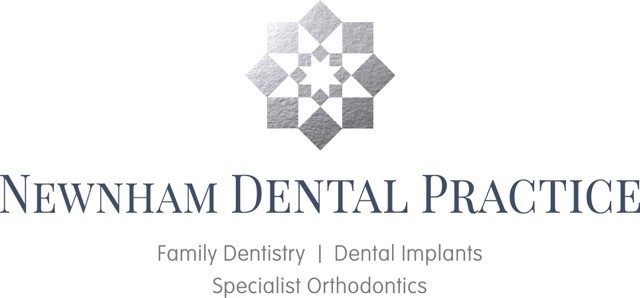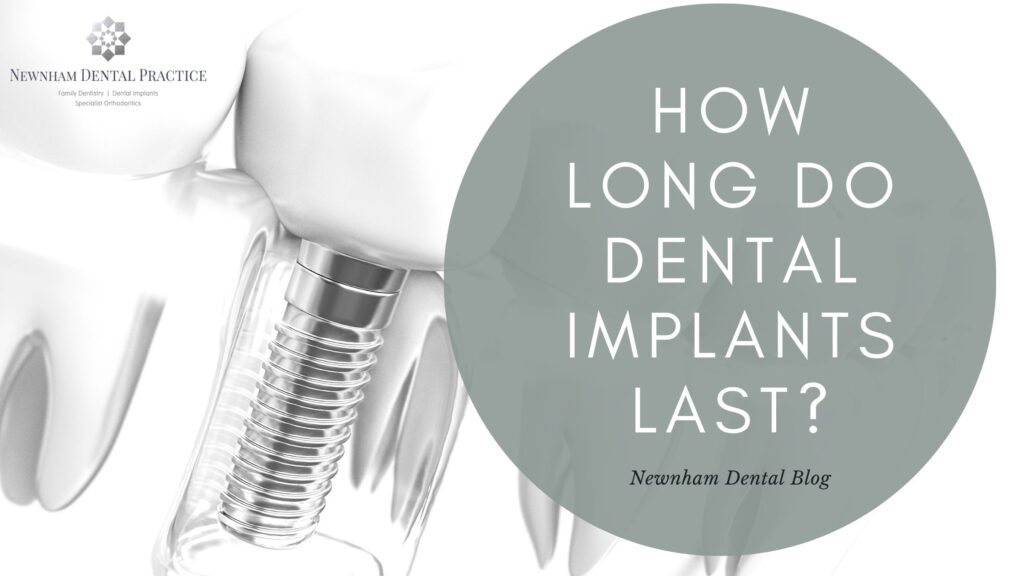Did you know that the total number of dental implants is expected to increase by 23% from today until 2026?
Tooth loss is incredibly common as we get older, and these days, getting dental implants is a great solution that will keep you smiling.
However, you may have questions about whether it’s right for you, and whether the dental implant wear and tear is something you may need to worry about. Then there are also problems such as potential cost, and how long the procedure lasts.
Fortunately, we’ve got all the answers you need. Whether you’re worried about the cost or how long they last, we can help you decide if the dental implant procedure is right for you.
Read on to learn more.
Can You Have Dental Implants with Receding Gums?
If you have receding gums, this means that your gums have slowly disappeared, leaving your teeth and roots unprotected. It can be highly damaging to not only your gum health but to your mouth health in general.
As a result, there’s a potential problem that may get in the way of getting a dental implant procedure. When you have receding gums, your jaw bone gets affected; over time, it gets worn away. If enough of your jaw bone is missing, this may be a problem for the dental implant procedure, since there will not be enough physical support for the implants.
Fortunately, there is a solution.
If you treat your jaw by using a bone regenerative / grafting procedure, then you can rebuild the physical support needed for implants. Healing times range from anything from 6 weeks to nine months, depending on the amount of grafting and bone regeneration needed for implant placement, healing times range. Bone regenerative procedures may also be performed together with implant placement.
Periodontal Disease and Implant Failure
Another potential worry for anyone looking into dental implants is if they are already suffering from periodontal disease.
According to the NIH, a simple definition of periodontal disease is defined by several causes and symptoms:
- Your gums become infected or inflamed
- This infection is caused by inadequate dental hygiene, such as not brushing enough or flossing incorrectly (or not at all)
- This bad dental hygiene leads to plaque storing up on your teeth and solidifying there
- Periodontal disease has symptoms such as bleeding from the gums, bad breath, as well as inflammation
- When it’s serious, you can have challenges when eating your food, and you might also lose some of your teeth
Patients with a history of tooth loss due to gum disease are more likely to loose their implants if their gums are not stabilised prior to implant treatment. We will therefore first work together with you to stabilise your gums.
However, if you catch periodontal disease early, you can reverse it. Start to maintain your oral health now with vigour, and you’ll improve your mouth health. Ensure that you are using best practices such as brushing and flossing regularly, and schedule regular check-ups with your dentist.
Once your dentist has given you the go-ahead, you can schedule an appointment.
Implants for Severe Gum Disease
Severe gum disease is yet another health problem that can keep you from getting dental implants, if it is in its active form.
Gum disease can have several symptoms, including:
- Gums that have pulled away from teeth
- Sensitive teeth
- Tender, swollen gums that bleed easily (this is often called gingivitis)
- Bad breath
- Loose teeth
When gum disease becomes severe, it is impossible for you to have dental implants, because of the bone loss and recession of gums that you experience. Just like with receding gums, there will not be enough physical support for the implants.
But, like with many of these mouth health problems, there are several solutions that can make the procedure possible. That’s a good thing, too, considering that almost half (47%) of adults in over 30 have some form of gum disease.
If your gum disease is severe enough, and you have had jaw bone loss, then you will need bone regeneration or bone grafting to ensure that the implants are stable in your mouth. If it is a less serious case, then the problem can be remedied with good oral health and regular appointments with your dentist.
How Long Do Dental Implants Take to Heal?
If your mouth is in good health, and you have been able to manage problems such as severe gum disease or periodontal disease effectively, then you’re in a place where you can consider the dental implant procedure.
However, you may have a few questions, such as: “How long does pain from dental implants last?” Or, “How long is the healing process?” We’re here to answer those questions.
Generally speaking, the healing process depends on the number of implants placed, your general health and whether you have undergone bone regenerative treatment. Recovery time can be impacted by several factors. These include:
- How much you stick to your dentists’ instructions of what to do whilst the healing takes place
- If you engage in any activities that are detrimental to your tooth health, such as smoking or not practising healthy practices such as brushing regularly
- If you have uncontrolled diabetes, or any other medical conditions which directly impacts healing time because of circulation issues
If you make it clear to your dentist what your health habits (and problems) are, they will be able to give you a better idea of how long your dental implants would take to heal after the procedure.
How Long Does the Dental Implant Procedure Take?
In order to understand how long the dental implant procedure takes, it’s important first to understand how it’s done, since this impacts the general timeline of the procedure.
In the procedure itself, your naturally-occurring tooth roots are replaced by a high grade titanium root. A cap is then hand manufactured with titanium components. This cap replaces the actual tooth on top of the gums. It looks and feels like a real tooth.
It seems simple, but depending on the health of your mouth–your gums, teeth, and jawbone–there are additional steps that may have to be taken. Steps can include (in order):
- The removal of a damaged tooth (or teeth)
- The dental implant procedure itself
- The healing and growth of the bone area after the implantation
- The placement of the implant crown or cap
As you can imagine, healing can have a big impact on the timeline of the entire procedure, especially if there is grafting involved. The procedures themselves, however (of placement of different parts) do not take long and can often be done much like any other routine dental procedure.
What Can I Expect After the Procedure?
Once you have had the dental implant procedure done, you should remain quite comfortable. As for pain, it shouldn’t be too bad. Some patients take ibuprofen or paracetamol for two or three days following treatment. You will also be asked to take antibiotics to encourage healing.
However, ask your dentist if they can prescribe you painkillers if you aren’t usually tolerant to pain after procedures. And don’t forget to have a friend come pick you up from the dentist, since you may be feeling a bit tired from the procedure!
You will be able to eat once the numbness wears off (usually an hour after the procedure). We advise avoiding anything too hot. It’s the perfect excuse to have ice cream for supper.
In the first 24 hours, you’ll want to avoid any strenuous exercise.
For the next days, your discomfort will lessen, though swelling may continue. If this is the case for you, feel free to hold a cold compress to your face.
About a week is when you’ll be able to resume your usual lifestyle.
If your usual lifestyle was never that great for teeth health, though, you’ll want to change it. Ensure that you:
- Stop smoking
- Don’t drink alcohol
Both of these habits delay healing–and aren’t great for you, anyway.
What About Dental Implant Wear and Tear? And Other Questions
You may have additional questions, such as:
“What About Dental Implant Wear and Tear?”
“How much do dental implants cost?”
“How long do dental implants last?”
We have answers to all of these questions, and any others you may have. We have a special interest in replacing teeth (whether it’s just one or all), and offer other services, too, such as teeth straightening, teeth whitening, and the restoration of broken teeth.
If you’re considering getting the procedure, we can help you with that, too. Simply visit this page and click on book a consultation.
Whatever your reason for visiting us: we’ll be sure to make you smile.

